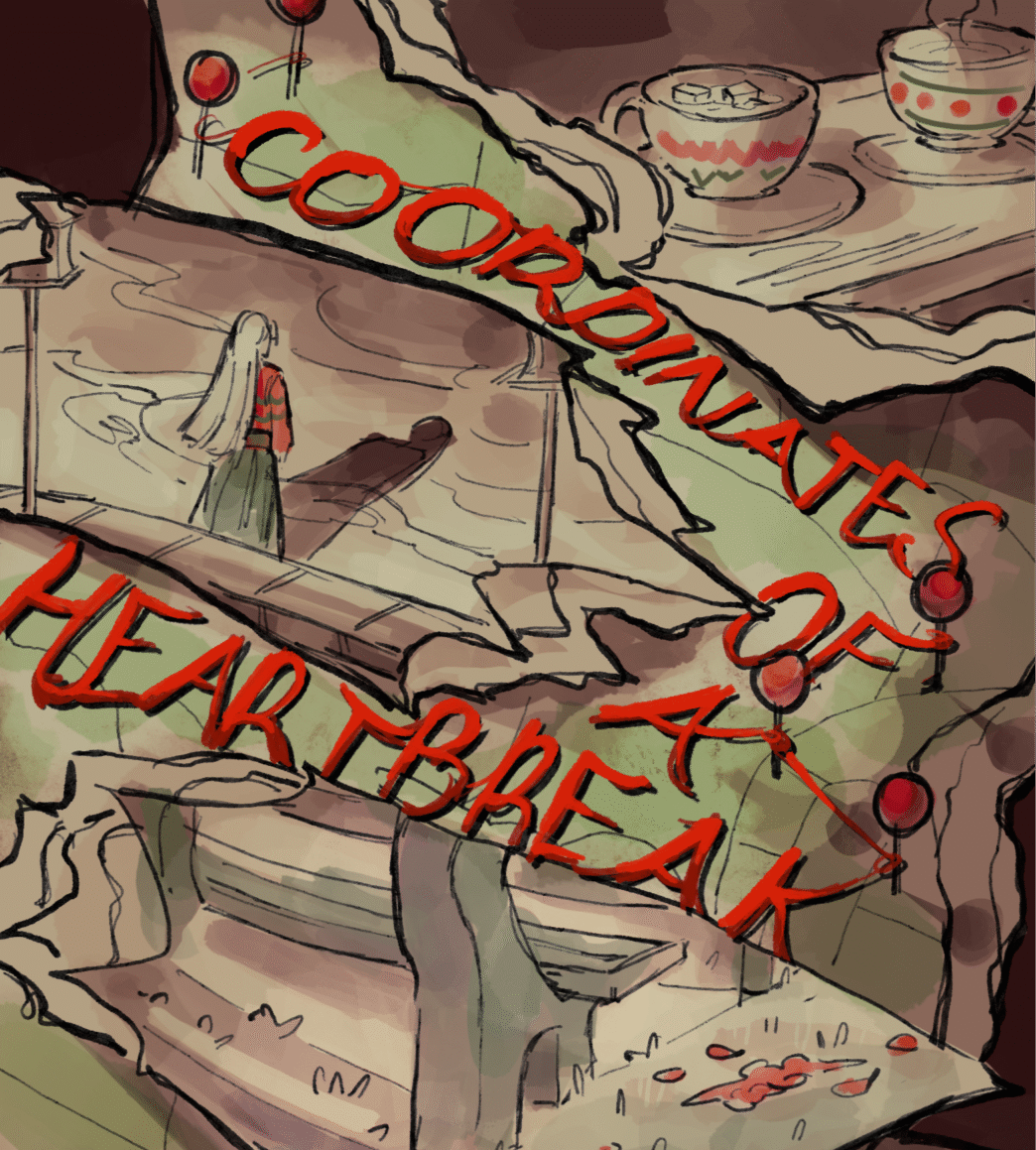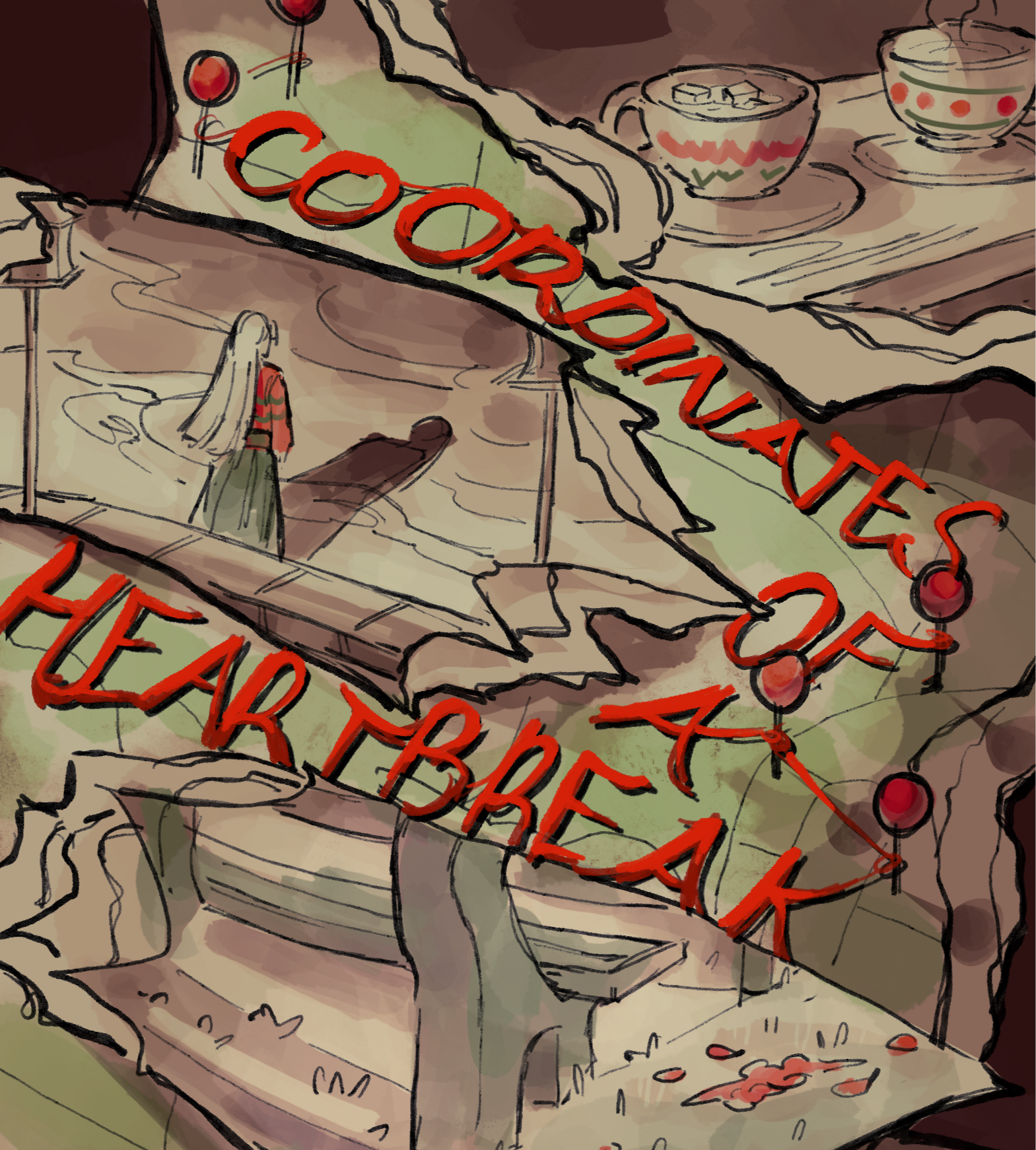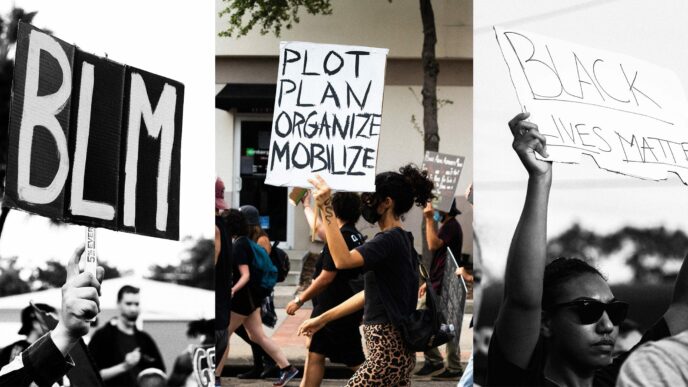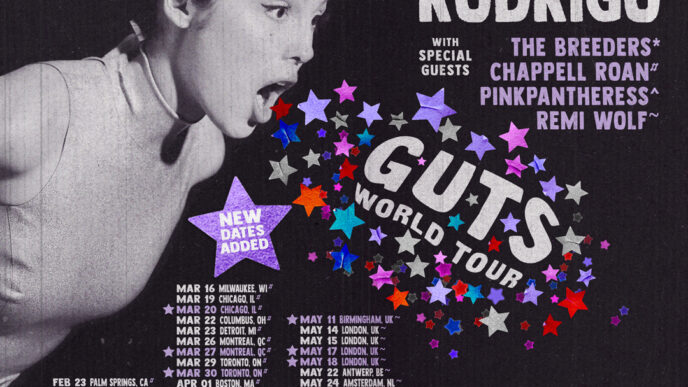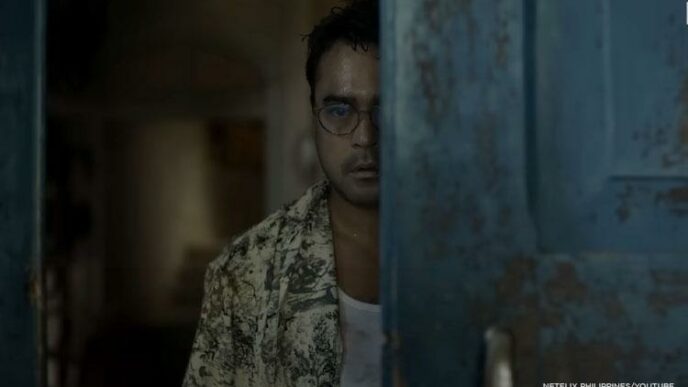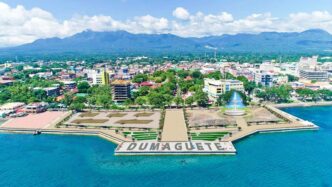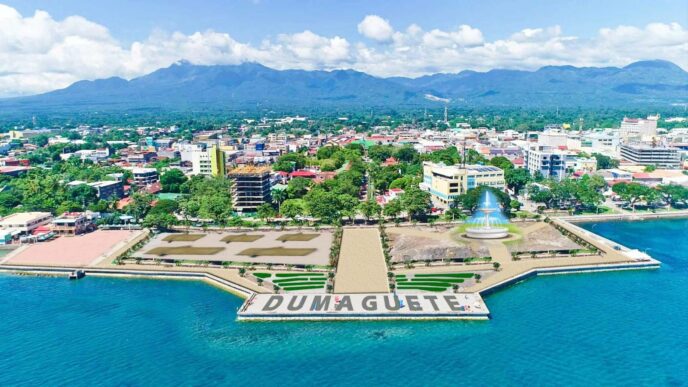By Cynthia Shank
There are places in Dumaguete that will never be the same again. Not because they’ve changed, but because you have.
There’s the Rollin’ Pin table near the window, the one where the afternoon light hit your faces just right. You both ordered something sweet that day. You remember the smell of the cinnamon roll, the hum of the espresso machine, the way he laughed like the world was lighter with you in it. You told him about your deadlines, your friends, your classes, and your plans. He told you, “See you tomorrow,” like it was a promise written in sugar.
But tomorrow never came.
Rizal Boulevard, of course, is next. That long strip of memory by the sea, where everything that ever felt like love seems to end up. You used to walk there after 10 p.m., when the wind carried salt and small confessions. You’d talk about everything: the classes you hated, the people you missed, the version of yourself you were still trying to find, and the dreams that never made it past each semester. The sea listened. It always does. But when you went back alone, it spoke differently. The waves sounded like goodbyes you didn’t get to say properly.
Then there’s that one bench near the amphitheater. It’s not marked on any map, but your heart knows exactly where it is. You used to sit there waiting for him, pretending to scroll on your phone, pretending not to care that he was late again. Now, every time you pass by, you look the other way. Because grief doesn’t always look like crying, it looks like pretending not to remember.
You start tracing other places, too. The library cubicle where you studied side by side but never touched. The Scooby’s booth, where you had your first real fight. The narrow walkway behind Ausejo Hall, where you once held hands in secret. Each spot is a dot on an invisible map — a map only you can read.
Heartbreak, after all, has geography. You don’t need Google Maps to find it; your body knows the route by instinct. You pass by these coordinates every day on your way to class, on your way home, on your way to forgetting.
And maybe that’s the strange thing about love in a small city like Dumaguete: you never really lose it. It lingers in places. It hides in the smell of coffee, in the stretch of boulevard wind, and in the laughter echoing under the acacia trees.
Someday, someone new will sit at that same Rollin’ Pin table, walk that same stretch of the boulevard, and rest on that same amphitheater bench. They’ll fall in love. Maybe they’ll break apart too. And the map will grow, one heartbreak at a time.
Because here in Silliman, even pain has a place.

